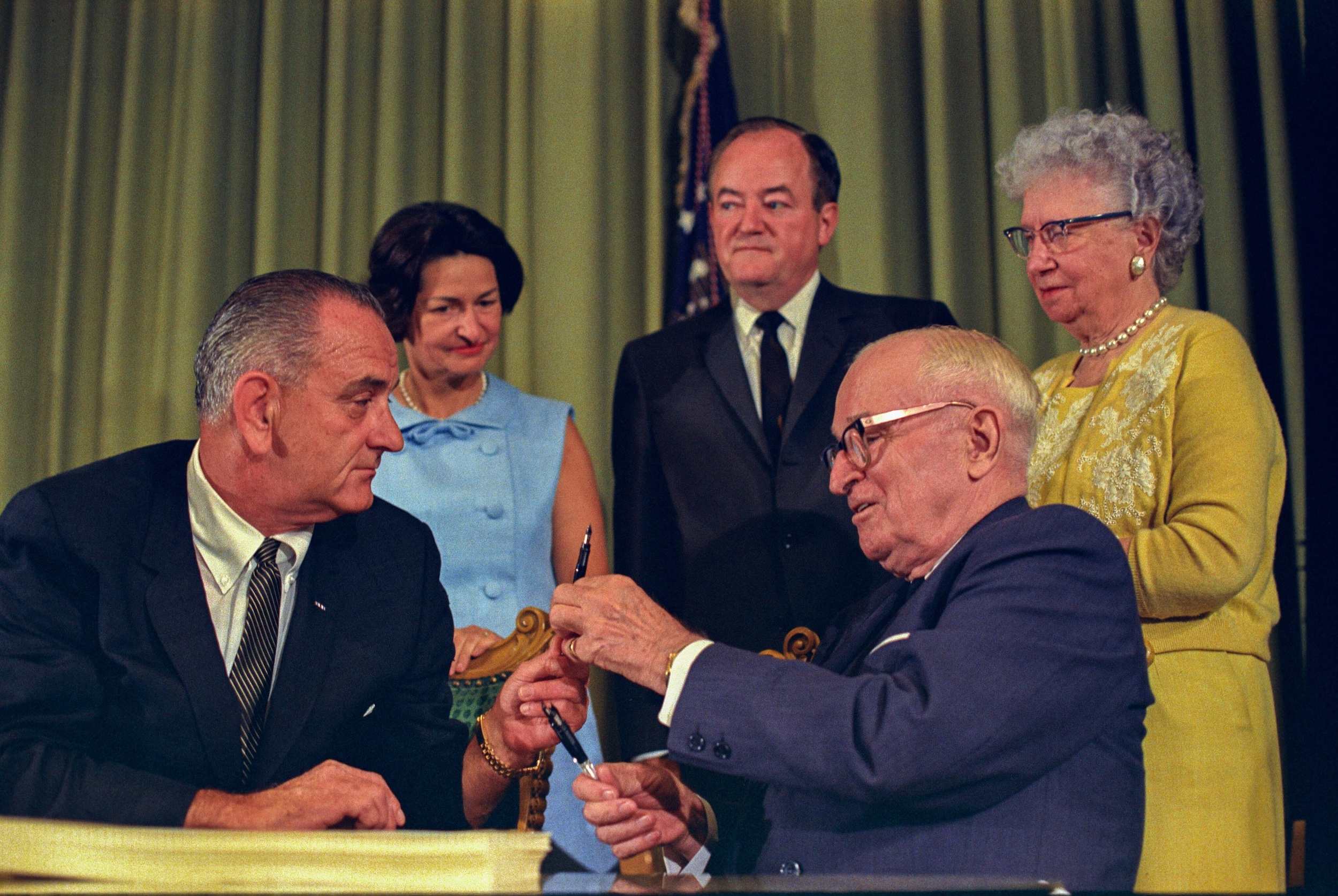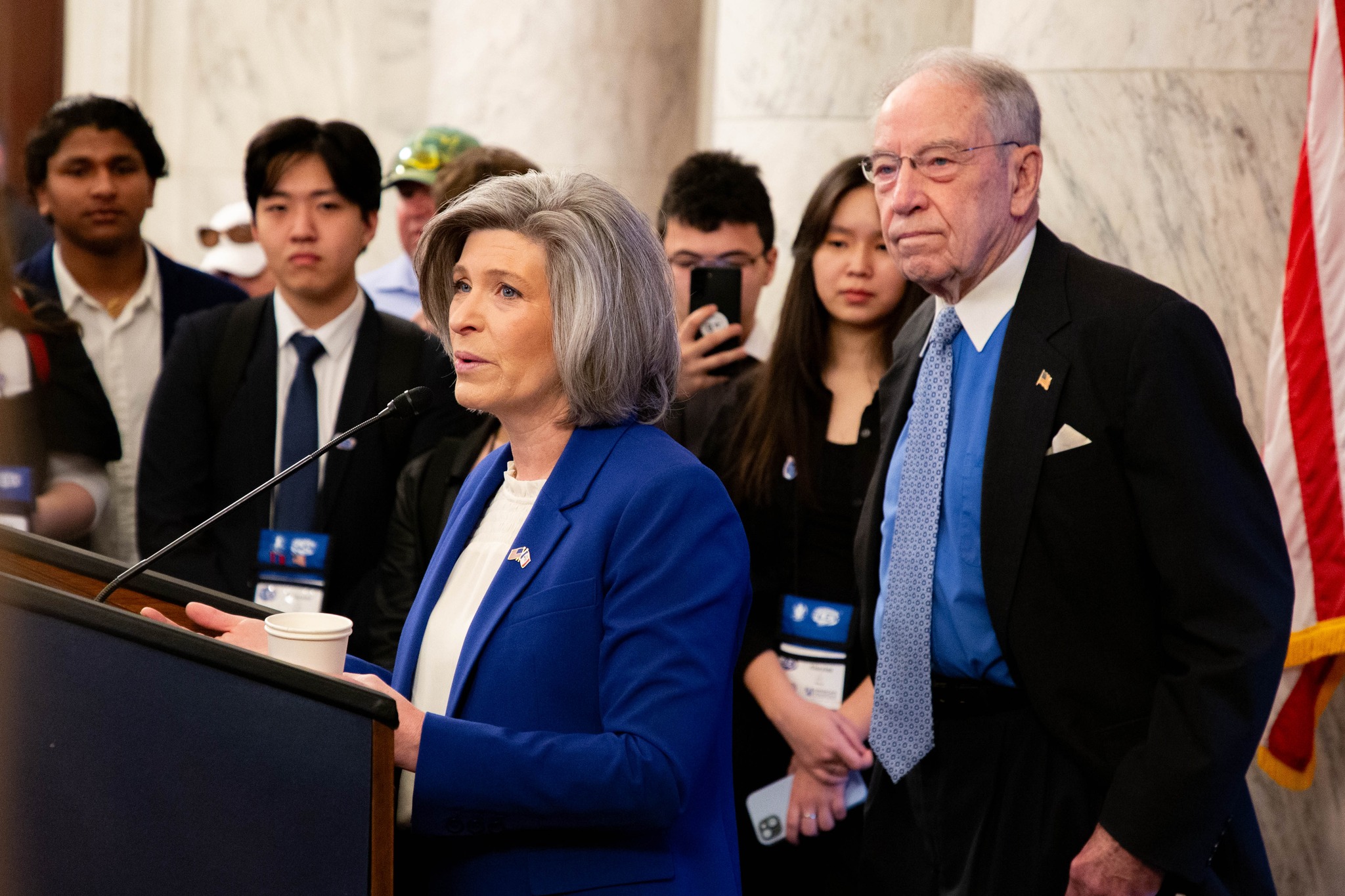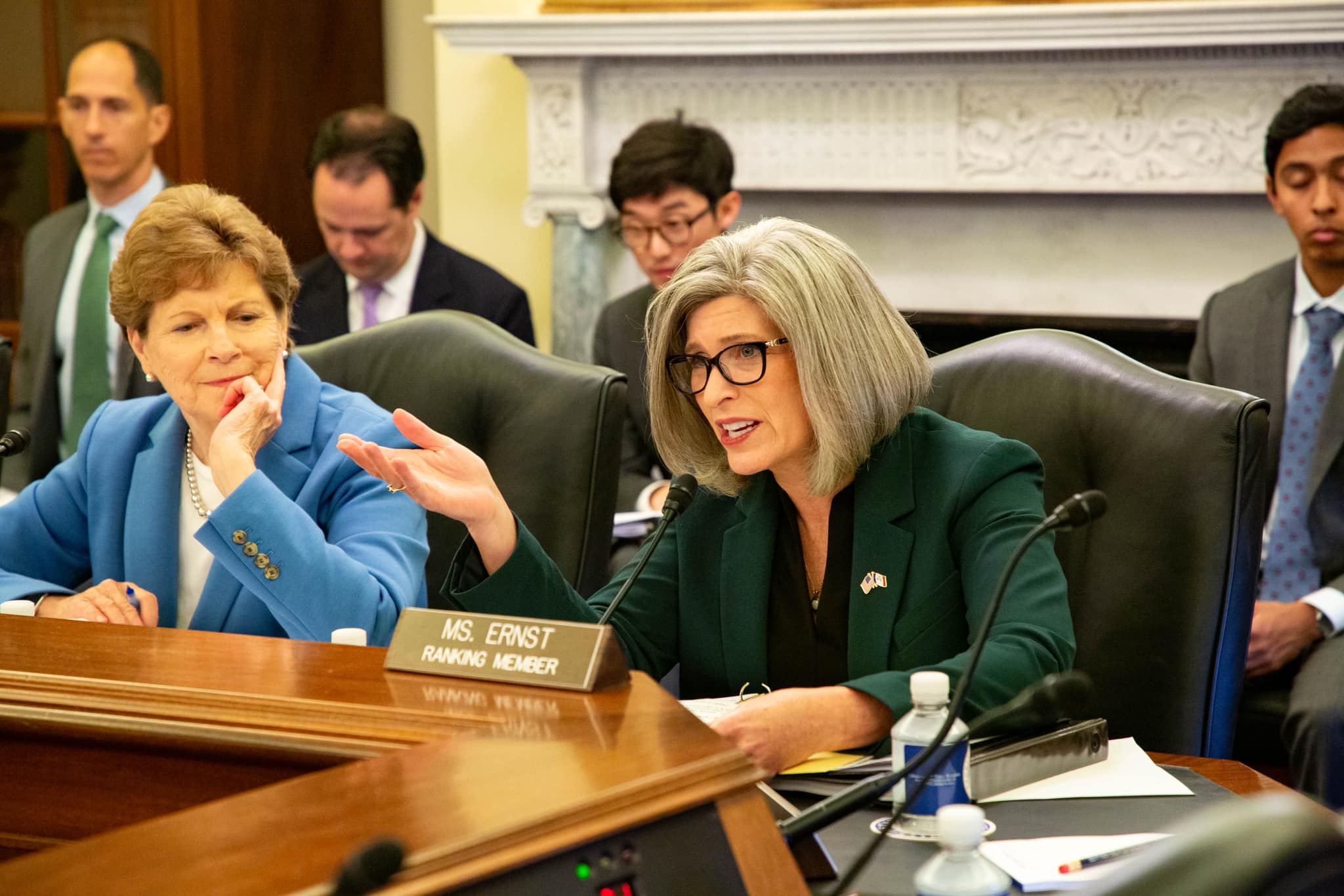sort of.
"How do you ask a man to be the last man to die for a mistake?" Testimony before the Senate Foreign Relations Comittee, as given by John Kerry, member of Vietnam Veterans Against the War in 1971.
Those in the Peace Movement have a lesson learned from Howard Zinn and Father Dan Berrigan, veteran peace activists. In their opinion, the Vietnam War did not end until Congress stopped funding it.
To that end, a number of affinity groups from various activist communities have been calling on members of Congress to stop funding the U.S. activities in Iraq and Afghanistan. This started last October. A number of people started delivering petitions and engaging members of Senator Harkin's and Sentor Grassley's staffs on this issue in October. Weekly, some members of the Des Moines Peace community have been delivering petitions, and evidence of atrocities, to staffers at both offices. When there was no response from either senator, things were escalated to include non-violent direct action, in the form of sit-ins, with some people risking arrest by staying in the offices past closing time. One woman, frustrated by a lack of response, escalated non-violent resistance to include a weekly "die-in" where she would simply lie on the floor, in solidarity with those being killed on the taxpayer's dime. She would remain on the floor until federal Protective Service police would place her in a wheelchair, cite her for "criminal trespass", and then dump her on the sidewalk in front of the Des Moines Federal Building.
During one of these "die-ins", a 12 year old became so frustrated by a lack of response from Senator Harkin, that she told her mom she was going to risk arrest by staying with her friend who was engaged in the die-in. The police charge the mother with "Contributing to the Delinquency of a Minor". The local and national press picked up on this, and the charges against the mother were eventually dropped.
But, in the meantime many called on Senator Harkin for a response, including activist media mogul, Michael Moore.
Today, finally, after more than six months of delivering petitions, staging sit-ins, die-ins, involving national activists, and media, we finally got a response from Senator Harkin. Since everyone in the local Des Moines Peace Community tend to not be millionaires or multi-national corporations who can hire a K Street lobbying firm to represent their interests, I guess we now know what it takes to get Tom Harkin's attention. A complete transcript of the letter follows.
April 23, 2010
[Insert Name and Address of Constituent]
Dear [Insert Constituent's Name]:
Thank you for contacting me to share your thoughts regarding Presidents Obama's proposed strategy for Afghanistan.
As you know, in December 2009 President Obama announced his decision to deploy 30,000 additional troops to Afghanistan after conducting a thorough policy review. These forces will supplement the approximately 68,000 United States troops already in Afghanistan at the time of the announcement- including 21,000 additional troops from the 42- nation NATO International Security Assistance Force (IASF), which will also be contributing at least 7,000 more troops. This plan would increase the total international force to over 150,000, with 98,000 U.S. troops. [ed. note, this number does not reflect the independent military contractors on the U.S. payroll, i.e. Halliburton, Xe (formerly Blackwater), KBR, etc..]
I have deep reservations about the President’s plan to deploy these additional troops to Afghanistan. I strongly believe that our brave men and women in uniform will continue serving with unparalleled capability, bravery and honor to fulfill their new mission. I do not believe, however, that the future of Afghanistan rests solely with our military. If the Government of Afghanistan and its security forces are not able to take control of the country, keep Afghans safe, maintain accountability to the Afghan people, and enforce and obey the rule of law, then any military success would only be temporary. Lasting success is dependent upon developing a better, more responsive civil government in Afghanistan, including combating rampant levels of corruption, forming strong regional partnerships, and equipping Afghan security forces to provide for the country’s own security. That is why I feel that increasing civilian, economic and agricultural assistance and implementing good governance programs are just as important as military action.
In addition, I have strong reservations about how the President’s increase in troop levels will be funded. I believe that our federal budget must account for the ongoing cost of the wars in Iraq and Afghanistan. The open-ended spending of the past administration added a trillion dollars to the deficit. We must have a responsible financial plan in place as we move forward. Furthermore, I feel it is irresponsible to place the sacrifice of war on only members of our armed services and families. I will work with my colleagues to find a way to fund this effort, instead of continuing to pass the full financial cost of our wars to future generations.
Again, thanks for sharing your views on Afghanistan and the President’s decision with me. Please rest assured that I will continue to follow our progress in Afghanistan and will continue to pray for the safety of our brave young men and women serving so far from home.
Sincerely, Tom Harkin
United States Senator
Update, found this in my email inbox today, May 19.
Dear Elton:
Thank you for visiting my office and expressing your views on H.R. 4899, the Supplemental Appropriations bill currently being considered by the Senate, and S. 3197, which requires a plan to withdraw U.S. armed forces from Afghanistan. As you may know, the Supplemental was recently reported out of the Senate Appropriations Committee and will soon be considered by the full Senate. I understand that you care deeply about these issues, and I will be sure to keep your views in mind as the Senate considers legislation on the wars in Afghanistan and Iraq.
Again, thanks for reaching out to me on this important issue. I look forward to hearing from you again.
Sincerely,
Tom Harkin
United States Senator
Continue Reading...








